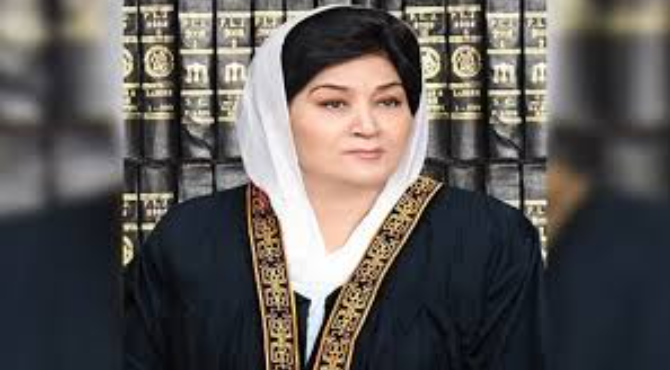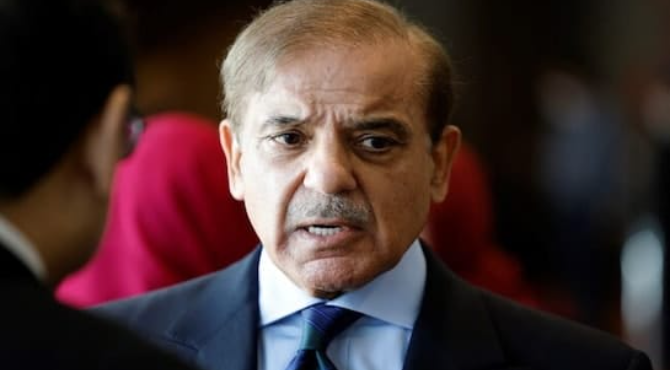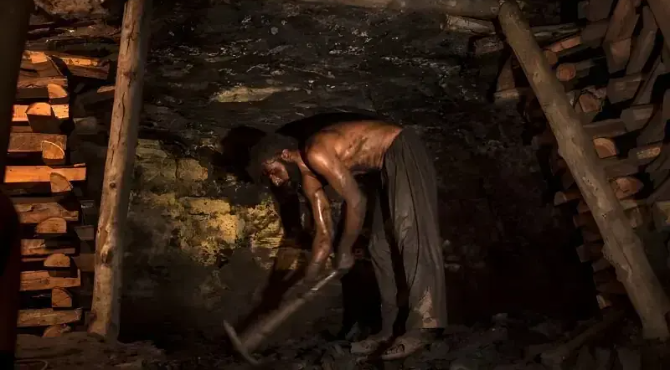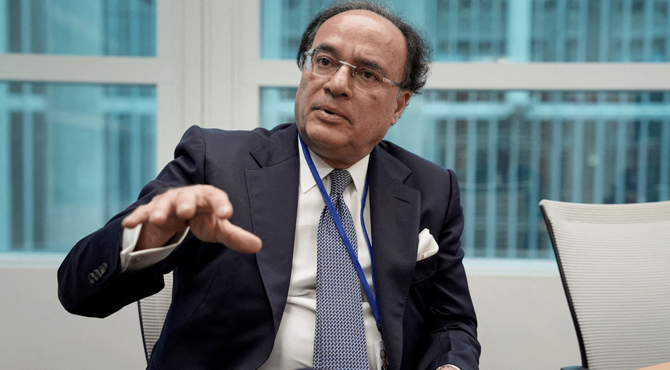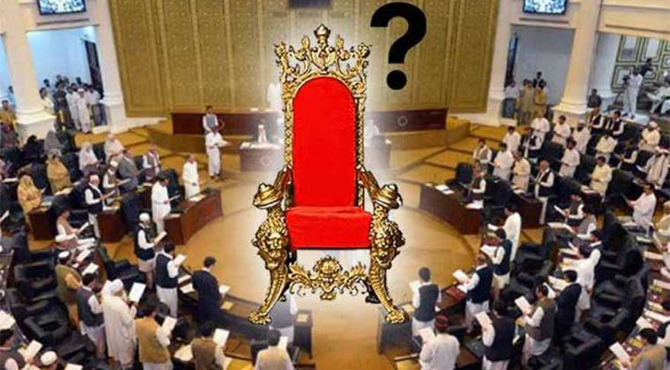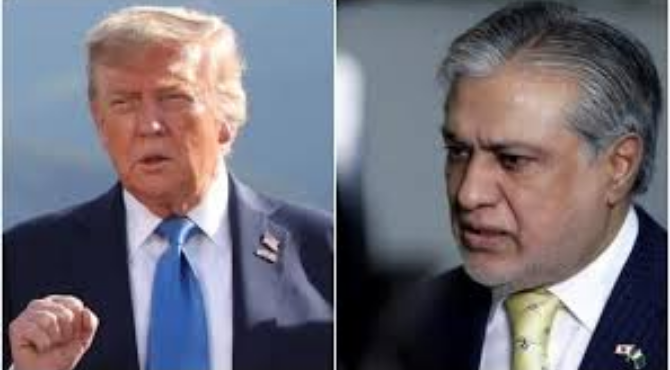ISLAMABAD(National Times)- Supreme Court (SC) Justice Musarrat Hilali on Thursday remarked that judges who were promoted as a result of the 26th Constitutional Amendment should not be part of the bench hearing petitions challenging the same amendment. An eight-member constitutional bench, headed by Justice Aminuddin Khan, resumed hearing on the petitions challenging the 26th Amendment. Other members of the bench include Justices Jamal Mandokhail, Muhammad Ali Mazhar, Ayesha Malik, Hasan Azhar Rizvi, Musarrat Hilali, Naeem Akhtar Afghan, and Shahid Bilal. During the hearing, senior lawyer Munir A Malik, representing the Balochistan Bar, appeared before the bench. Justice Aminuddin acknowledged Malik’s earlier attempt to speak via video link from Karachi but noted the audio was unclear. Malik explained his request was related to live streaming, which the court noted has now become infructuous due to a prior decision. Malik endorsed the arguments presented by Advocate Hamid Khan and said he would also present further arguments. Malik argued that a full court could have been constituted even before the amendment and requested that the current bench issue directions for forming a full court consisting of all Supreme Court judges. Justice Ayesha Malik questioned whether there was any hindrance to forming a full court, while Justice Muhammad Ali asked if the current eight-member bench had the jurisdiction to constitute it. Malik responded that it did not matter whether the bench was constitutional or regular – it still had judicial authority to make such a decision.
CB epmhasises reliance on exisiting constitution until any further enactment
The senior lawyer maintained that no violation would occur as the constitutional bench had judicial powers. Justice Ayesha Malik asked whether the constitutional bench should use its judicial authority to form a full court, noting that the court often relies on the Constitution rather than amendments. Justice Muhammad Ali Mazhar questioned how Article 191A could be bypassed, and Justice Ayesha added that one cannot rely on the 26th Amendment itself when challenging it — the Constitution must be the basis. Justice Jamal Mandokhail observed that while the Supreme Court’s jurisdiction wasn’t challenged, the Judicial Commission can nominate any judge and form benches as it deems fit. Justice Aminuddin clarified that the current bench was constituted based on the availability of judges, and Justice Mandokhail added that the Judicial Commission holds the authority to form any bench. Justice Musarrat Hilali raised a critical question: how can the current bench determine its own jurisdiction without examining the reason for the 26th Amendment? She asserted that judges who were promoted following the 26th Amendment should not be on the bench. Justice Mandokhail responded, questioning whether such judges were imported from another country and stating that both he and the chief justice had pushed for the inclusion of all judges in the constitutional bench. “Would you be satisfied in such a situation?” he asked. Justice Mandokhail urged the lawyers to suggest a path that would allow inclusion of all judges in the bench, asking who would then head such a bench — the Chief Justice appointed under the 26th Amendment? Justice Aminuddin remarked on the harsh criticism the court had faced, while Justice Mandokhail suggested that the arguments reflected a lack of trust in the current constitutional bench. He said that, willingly or unwillingly, all Supreme Court judges had accepted the 26th Amendment. Later, the hearing was adjourned till October 13 (Monday).


